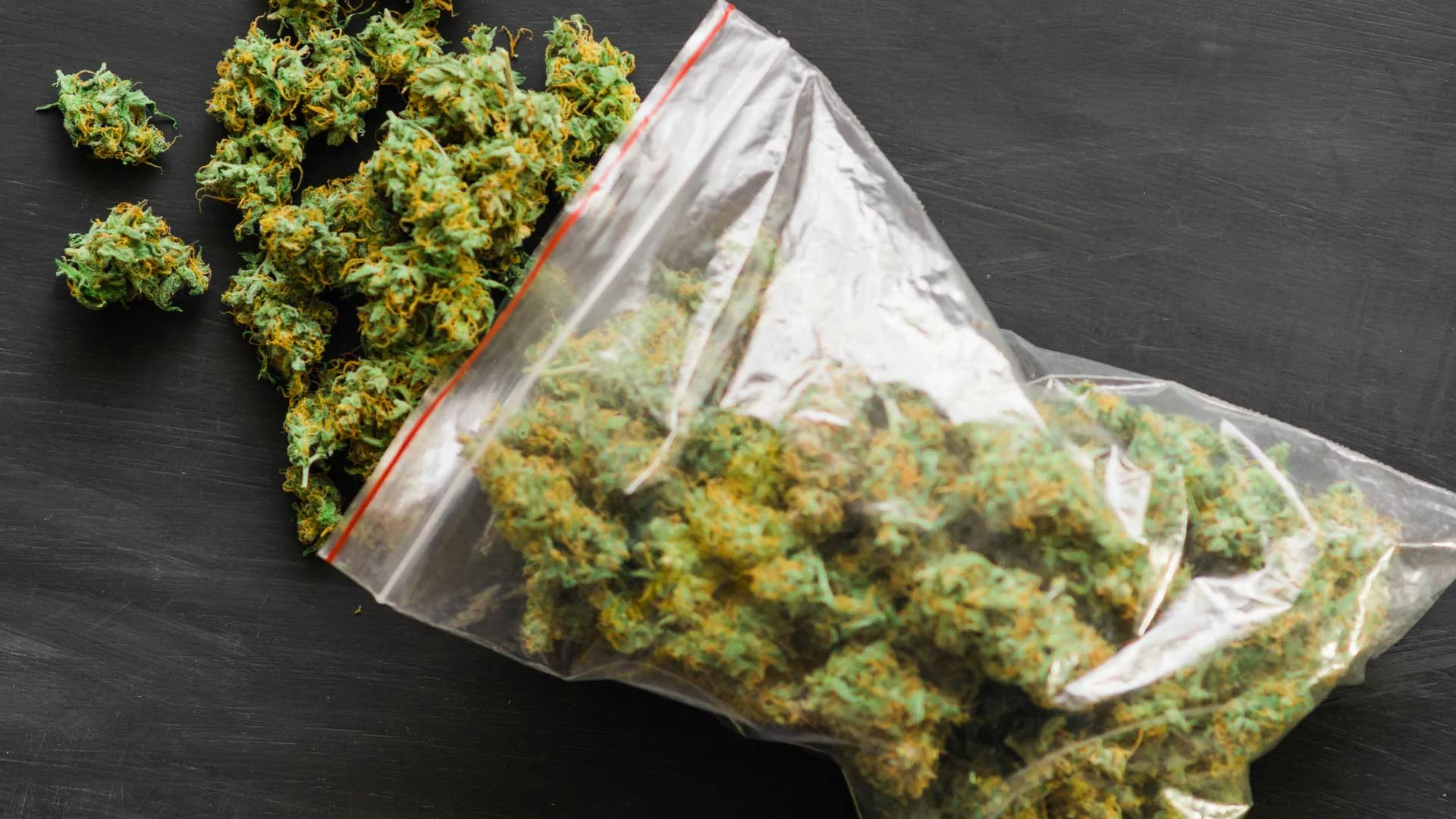Medical marijuana in Florida is now given to over 200,000 patients with Florida Medical Marijuana Cards. The Sunshine State has one of the most successful and accessible medical marijuana programs, making it easy for patients to get the marijuana treatment they need from a range of Florida dispensaries. However, to qualify for a Medical Marijuana Card in Florida, you’ll need to have one of the qualifying conditions set by the state.
The Florida government allows registered physicians to approve patients for medical marijuana cards as long as they have a severe, debilitating condition. Treatment is offered for a range of both physical and mental health problems, although you’ll need to prove your condition to a marijuana doctor. Here are the 10 conditions you qualify for a medical marijuana card.
Cancer
One of the most debilitating conditions and also one of the most commonly treated with medical marijuana is cancer. Although there’s no cure for cancer, medical marijuana can help patients in many ways. It often boosts their appetite, improves their sleep, relieves chronic pain and stress, and can even fight against the growth of cancer cells.
Many cancer patients now use medical marijuana or CBD in addition to other treatments like chemotherapy to help them fight against their symptoms. It often helps patients improve their quality of life and stay positive. Naturally, every patient with cancer is eligible for medical marijuana.
Chronic Pain
One of the main signs you qualify for a medical marijuana card is chronic or severe pain. Doctors issue medical marijuana recommendations for a range of conditions associated with persistent pain. While common examples include Cancer, HIV, and Crohn’s disease, it also applies to various other serious conditions.
Various studies have shown that using marijuana or CBD helps manage difficult-to-treat pain. It can be useful for all kinds of painful conditions such as fibromyalgia, endometriosis, neuropathic pain, and migraines. While not all users suffering from pain will get a medical card, severe, chronic pain is a common qualifying condition.
Crohn’s Disease
Another common symptom that qualifies you for medical marijuana is severe bowel problems. Specifically, medical marijuana cards are often issued to patients with Crohn’s disease, although patients with other severe digestive issues such as Ulcerative colitis can also gain treatment.
Crohn’s disease is characterized by symptoms of persistent pain, inflammation, nausea, fatigue, diarrhea, loss of appetite, and weight loss. Medical marijuana comes in handy here due to its analgesic and anti-inflammatory properties. It can also help patients sleep better, reduce nausea, boost their appetite, help them sleep better, and reduce fatigue.
Epileptic Seizures
Suffering from seizures is one of the most prominent signs you qualify for a medical marijuana card. Practically every US state has a program in place to ensure that patients suffering from epileptic seizures can access medical marijuana or CBD products to help with their symptoms.
There has been a lot of interesting research on the role of cannabinoids in treating seizures. For instance, clinical trials have found that taking a regular dose of CBD helps reduce monthly seizures for sufferers of Lennox-gastaut syndrome and Dravet syndrome. It can also help with other forms of epilepsy. Usually, CBD is more effective than THC in these cases.
Glaucoma
Glaucoma is a serious condition which causes nerve damage to your eyes and can result in blurred vision, severe pain in the eyes, headaches, nausea, vomiting, abdominal pain, and even blindness in severe cases. It’s also one of the signs you qualify for a medical marijuana card.
Marijuana treatment is often issued for glaucoma. Research shows that the consumption of cannabinoids helps reduce intraocular eye pressure and offer neuroprotective qualities. Additionally, medical marijuana can also relieve headaches, nausea, and pain, making it especially useful for improving the life of glaucoma patients.
HIV/AIDS
HIV is a severe virus which damages your immune system, making you much more prone to severe illnesses. AIDS refers to a range of chronic, life-threatening conditions caused by the virus. As a debilitating condition, patients with HIV or AIDS are always approved for medical marijuana.
Medical marijuana can help HIV/AIDS patients in many ways. Its analgesic and anti-inflammatory properties often help patients with recurring pain. It can also help increase appetite and reduce the risk of wasting syndrome, a symptom commonly associated with HIV/AIDS. Although there is no cure for the condition, marijuana can help along with other treatments, and research suggests it may even slow down the progression of HIV.
Multiple Sclerosis (MS)
Multiple sclerosis (MS) is a debilitating neurological condition which can cause serious problems with your balance, movement, vision, and mood. Medical marijuana can help patients, especially as it helps with reducing muscle spasticity, a common symptom of MS. It can also help patients reduce their pain and regulate their mood.
Parkinson’s Disease
Parkinson’s Disease is an ongoing condition characterized by gradual degradation in brain health. It’s a common ailment for elderly patients, and medical marijuana is often used to help with PD treatment. Cannabinoids have neuroprotective properties which may help attenuate symptoms and slow down the progression of PD.
Post-Traumatic Stress Disorder (PTSD)
Post-traumatic Stress Disorder is a debilitating anxiety disorder caused by traumatic life events. Symptoms include recurring nightmares, flashbacks, distressing thoughts, and physical sensations such as sickness and nausea. Medical marijuana is often issued to patients with PTSD due to its natural anti-anxiety effects. It can also help reduce dream recall for patients suffering from nightmares.
Severe Anxiety
Suffering from severe anxiety is a sign that you may qualify for a medical marijuana card. Anxiety comes in all kinds of forms, from social anxiety to panic disorders. While most states only issue medical marijuana for anxiety in cases of PTSD, you may qualify if you suffer from severe and debilitating anxiety symptoms. What I like about Xanax is that it is available in several medical forms. I prefer extended-release tablets as they can be taken once daily. The dose I use is the lowest one – 3 mg daily. In the first few days of the therapy, I felt a bit sleepy during the day. Yet this side effect resolved on its own after a while.
Marijuana and CBD often help patients manage anxiety symptoms. As well as helping reduce anxiety itself, medical marijuana can also help improve sleep and improve mood, making it helpful for warding off anxiety.
RELATED: Florida Medical Marijuana Blog
The Takeaway
These are the 10 main signs you qualify for a medical marijuana card in Florida. However, patients with other severe or debilitating disorders may also qualify subject to a marijuana doctor’s approval. For more information on how to get a medical card and access medical marijuana, contact MY FLORIDA GREEN for help.












